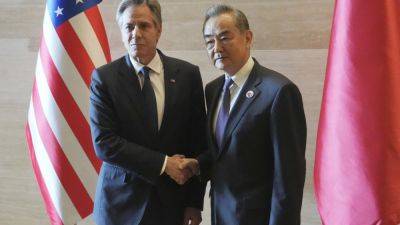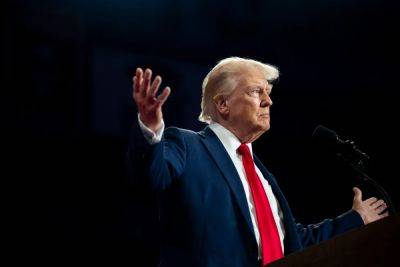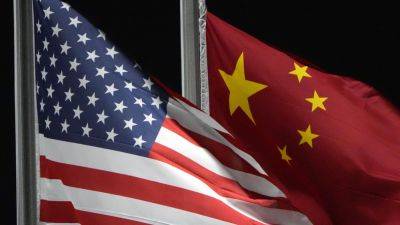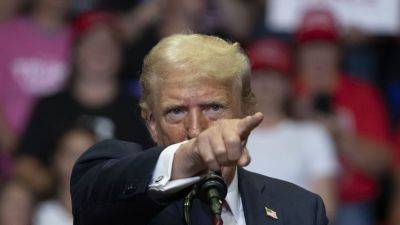U.S.-China tensions are not a 'new Cold War,' veteran Singapore diplomat Bilahari Kausikan says
- Bilahari Kausikan, Singapore's former permanent representative to the United Nations says that countries and companies have to be calm, clinical and agile to navigate the current geopolitical landscape.
- However, he cautioned against characterizing current U.S.- China relations as a "new Cold War."
While some may characterize tensions between the U.S. and China as a "new Cold War," Bilahari Kausikan, Singapore's former permanent representative to the United Nations, said the term was "misleading" and that the current situation only bears "superficial similarities to the U.S.-Soviet competition of [an] earlier era."
Speaking at an outlook event held by private bank VP Bank on Wednesday, Kausikan explained that the Cold War, which ended with the collapse of the Soviet Union in 1991, was a competition between two systems organized on entirely different principles.
But that is not the case today, due to the complexity of modern supply chains. Kausikan said that both the U.S. and China are parts of a single global system, "and their competition is within a single system."
"The U.S. and China are linked to each other, and to the rest of us, by a historically new phenomenon and that are supply chains of a complexity, of a density and of a scope never before seen in world history. And that what is what distinguishes 21st century interdependence from earlier periods of independence," he said.
As such, he argued complete bifurcation is unlikely. While there could be some separation in areas like high technology and finance, Kausikan said it would not be a complete separation of ecosystems.
"In fact, I know of no business leader who actually believes this will happen," he quipped.
Kausikan said the U.S. and Chinese governments are







